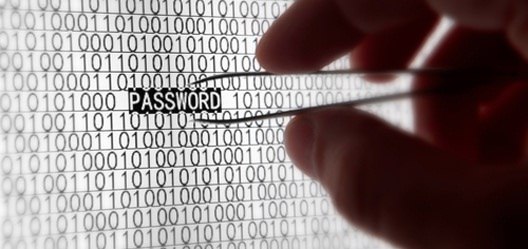Security has become a top priority in this digital age. The use of handheld electronic devices and the internet are
now a tradition for keeping all sorts of valuable information, either public or
strictly confidential. And considering the potential vulnerability of these kinds
of data against crackers, it’s only about time till we experience having our accounts
compromised.
Figures show that almost 73% of Americans have become victim to some
type of internet crime in their lifetime. And one of the reasons why this
happens is because their passwords have been known by someone else. It is an
absolute truth that no information online is 100% safe, but there are always
steps that you and I can take to augment our safety measures. Because passwords
are considered the first line of defense, you are obliged to keep them as
secure as possible. Given this, here are some tips to make your passwords
crack-free.
- Remember: a password easy to remember is easy to crack. We have a tendency to use passwords that has something to do with our daily lives. Our password of choice might be a series of predictable set of numbers, a birth date, a name of our family member, or anything else that says about us. One best practice is to mix and match numbers, letters, and symbols. It may complicate things, but at least, you will be spared from the high probability of being a victim of an internet crime.
- Do not use the same password for your every account. Some people practice using a single password for all of their accounts to make every login a tad easier. But mind you, this is a very unhealthy habit, most especially if those accounts with the same password include your email account. Your email is typically used to reset the passwords of your other sites; therefore, if someone has taken over your email, he can easily gain access to all your accounts and wreak havoc to your life.
- Don’t let security questions make you insecure. Security questions are a great way to retrieve your accounts in the event that you have forgotten your password. But you have to bear in mind not to choose to answer the questions that solicit an obvious answer which can be easily googled, such as the name of your pet, the high school you’d attended to, the car you’re driving, or your mother’s maiden name. Don’t set a trap that you yourself will fall victim into.
- Make your passwords long and strong. The longer the password is, the harder it will be for an attacker to crack it. However, length is not the only factor that you can take advantage of; its complexity can also serve as an advantage for you. After coming up with a long enough set of characters, try to employ a combo of upper and lower case letters, numbers, and symbols to make it even harder to crack.
- Do a routine password change. Same as with your underwear, you also have to routinely change your passwords. A good practice is to change them every three months.
Make sure to practice these tips to ward of any threats to your digital
life. While the fingerprint technology isn’t yet widespread on every device and
logins yet just like with the innovative iPhone 5s,
make do of your set of alphanumeric characters for a moment. Keep in mind, a
healthy password today keeps the crackers away.

No comments:
Post a Comment